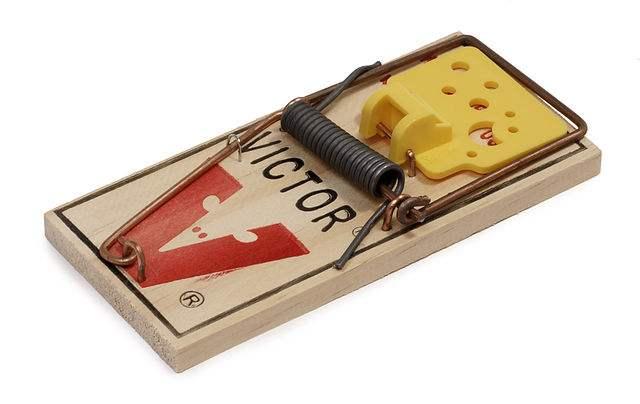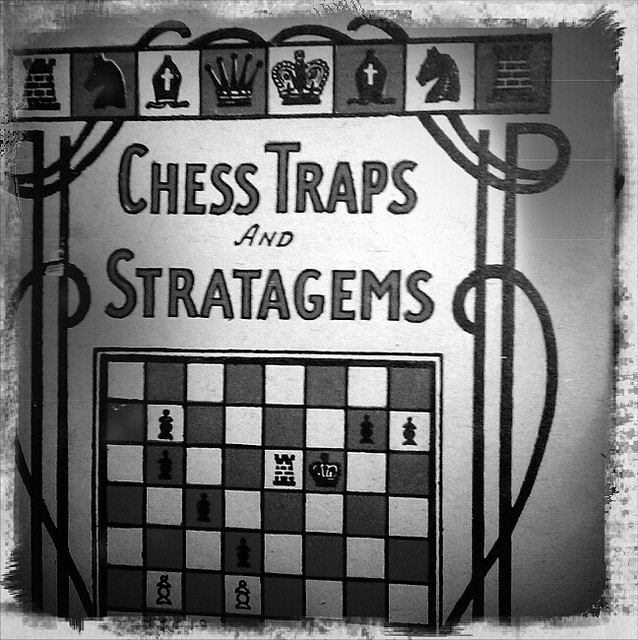
You Won't Believe This Simple Trap Even GMs Miss
There are many different traps in chess. Some of them are so well known that you can hardly use these tricks even against relatively weak players.
However, some traps are good enough to catch even grandmasters. Sometimes, the world's leading players fall for the same traps more than once, as we discussed here.
Today, I want to talk about a very simple trap which appears in the games of super grandmasters on a regular basis.
I simply cannot explain how the world's top chess players can fall for the same little scheme again and again and again.
Even if you are not planning to play Carlsen or Aronian any time soon, I am sure you'll be able to trap one of your opponents with this tactical pattern.

Let me tell you how I learned about this little trick.
In one of the tournaments I entered when I was about 10 years old, I played a very strong opponent. I was leading, so a draw was a good result, especially against my opponent who was much older and stronger than me.
I don't remember the exact position, but it looked pretty much like the following diagram:
The desirable result was very close, so without any doubt I played 1. Qxc5?? expecting 1...Qxc5 2. Rxc5 Rxb2 with an instant draw. It looked like my opponent was expecting exactly my horrible move, since he immediately played 1...Re1+!!
I instantly realized that if I take his rook it will cost me my queen. But I still had some hope and played 2.Kg2, expecting to defend against his attack that might start after 2...Qb7+. Of course, after his simple move 2...Qxc5 I had to resign, as after 3. Rxc5 Rxa1 I am just down a rook!
I was totally crushed, my tournament was ruined, but the worst of all I couldn't belive how I could miss such a simple deflection of my rook. Fortunately, pretty soon I realized that it is not that I am stupid, but that this wicked trap somehow hits very strong chess players on a regular basis.
For example, at first I couldn't believe my eyes when three years after my game, one of the most imaginative chess players of his time (and an also an excellent tactician,) GM Rafael Vaganian, fell for exactly the same trap:
But then I saw more examples like this one:
And here is a game of modern grandmasters:
At some point, I just lost count of super grandmasters who fell for this trap. Here is an example from a game of two 2700+ grandmasters:
And here is the game from the very top:
Now, let's see what happened in the desisive game of the last U.S. Championship:
Finally, here are two games played last week in the Chess Olympiad in Tromso:
Now you can see that this trap is extremely common, and if you never used it against your opponents, don't despair!
With this trap the question is not "if," it's "when"!
RELATED STUDY MATERIAL
- Check out GM Serper's last article, How to Become a Tactical Wizard.
- Watch IM Valeri Lilov's video lesson: Opening Traps for Beginners.
- Take a lesson on being caught in traps in the Chess Mentor.
- Look out for simple tricks in the Tactics Trainer.
- Looking for articles with deeper analysis? Try our magazine: The Master's Bulletin.



